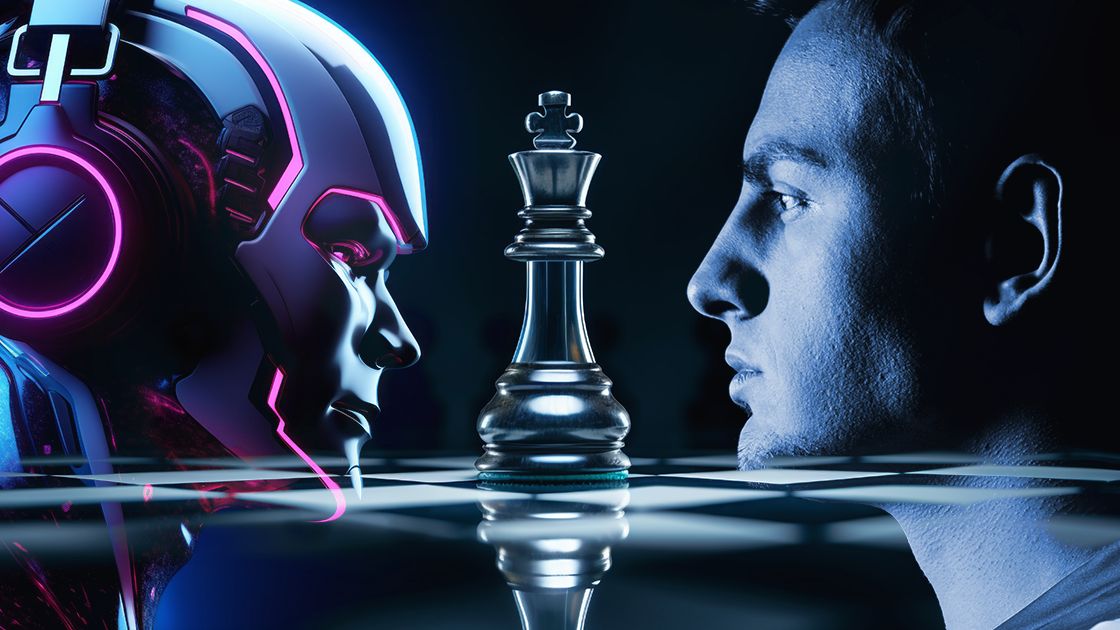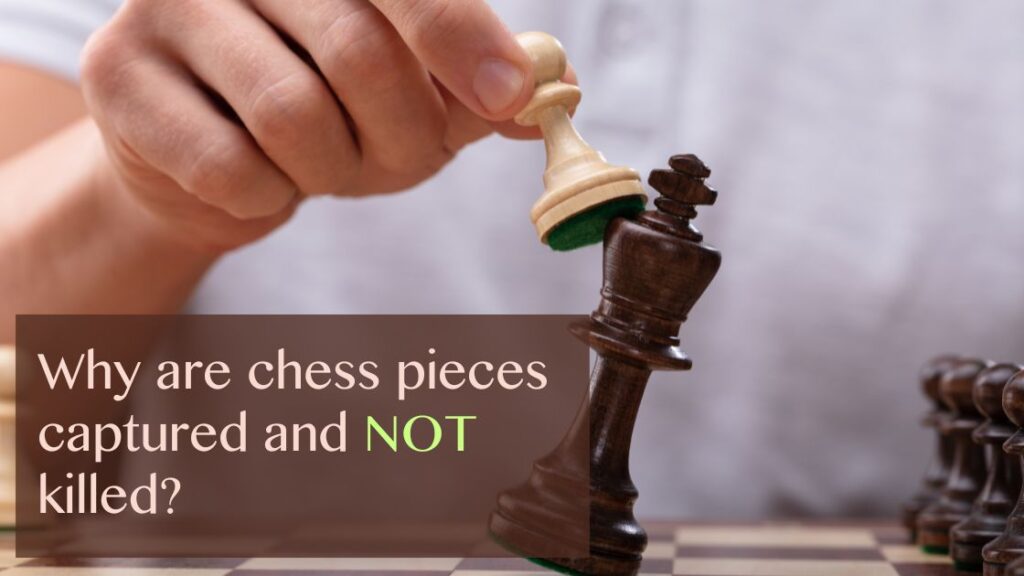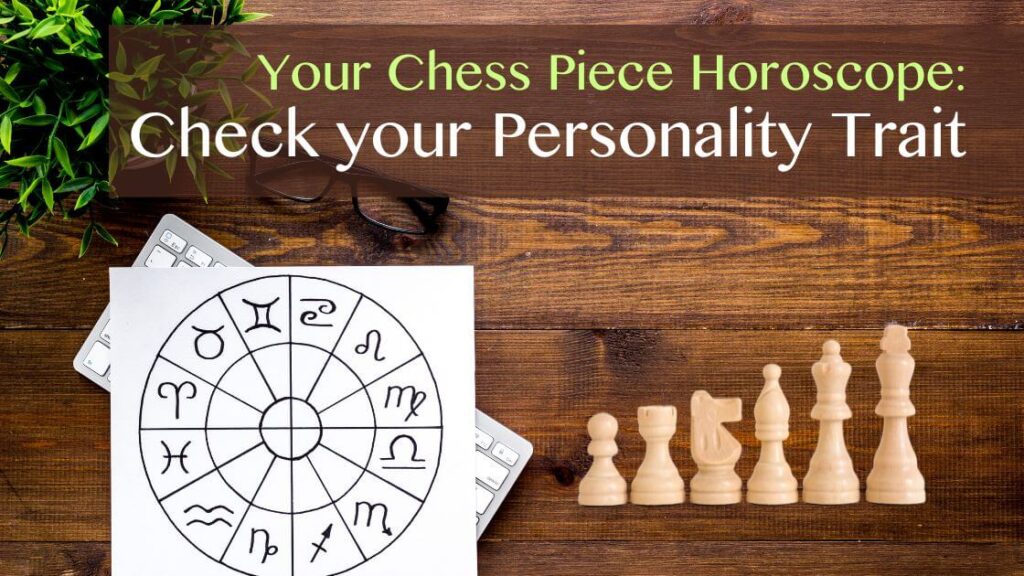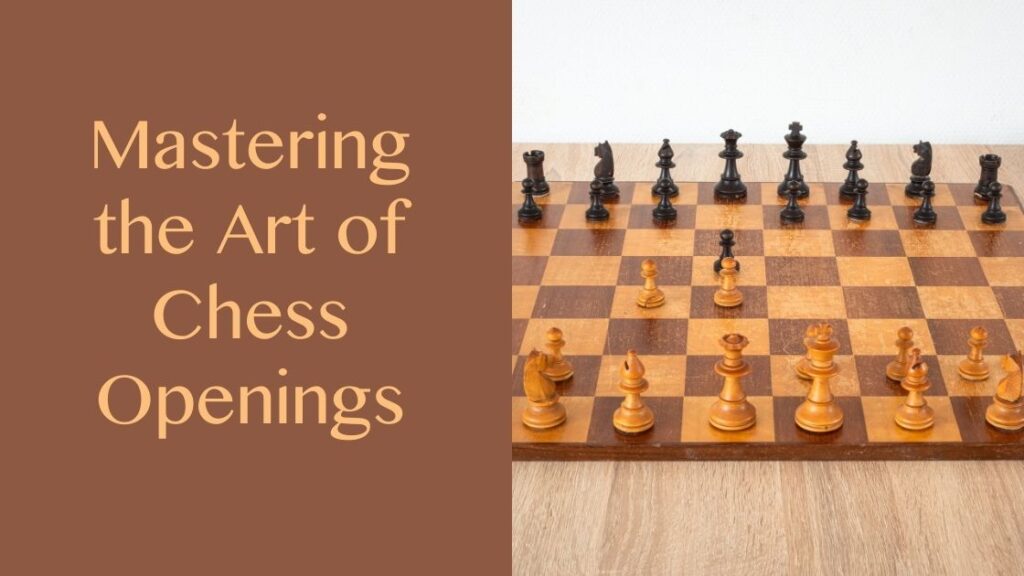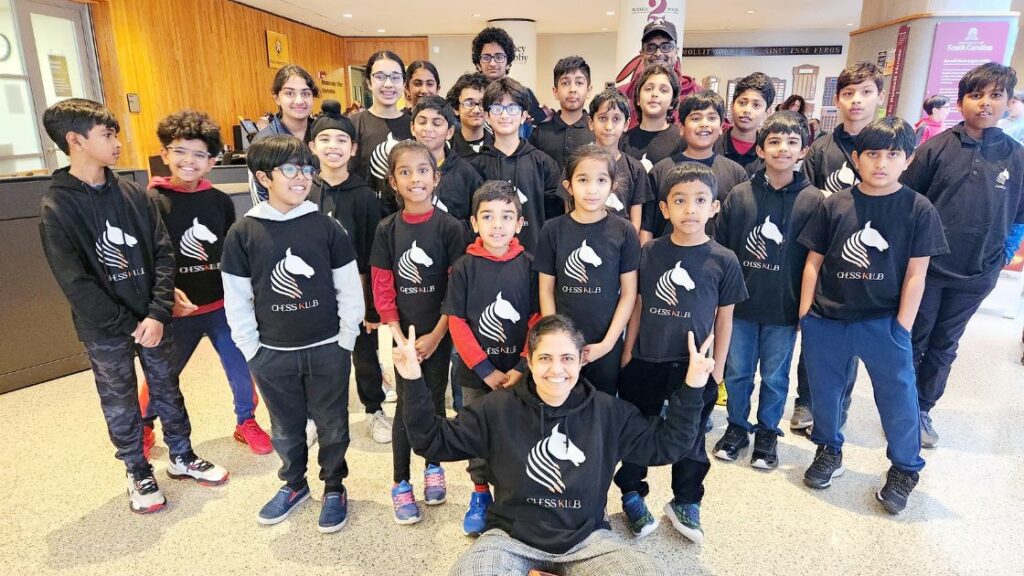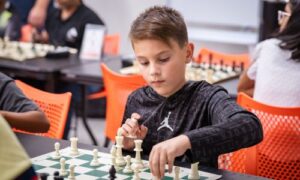Enter the thrilling world of chess as we explore the battle between human intelligence versus artificial intelligence. Who is more likely to win if there is a duel of minds between humans and machines? Will it be the cerebral wit or the silicon chip?
A Brief History of Chess
The original Chess otherwise known as ‘Chaturanga’ is said to have originated during the Gupta Empire in India in the 6th Century. Today, many centuries later, the game has spread across 170 countries and is known to be one of India’s contributions to the world of culture. What started out as a game played in the court of kings, is now a professional sport across the globe.
Chess is a combination of learning and leisure. The predecessor version of this game resembled the ancient Indian battle formations, with the pieces that represented the infantry, cavalry, soldiers, and chariots, that evolved into the modern-day pawns, knights, bishops, and rooks.
]For several years, humans have engaged in the intellectual game of chess, competing their minds against each other with strategies and tactics. However, the recent advent of artificial intelligence has challenged this age-old game, by introducing a tough opponent- The Computer. So, what happens when the human brain challenges a machine’s calculated logic in chess?
The Human Touch: The Beauty of Playing Chess With a Friend
Learning from Each Other
Beyond the cognitive benefits, chess is a social game. When you play the game with family or friends, a dynamic and healthy competitive atmosphere is created around you. You get to experience the game’s highs and lows, which can enhance bonds and create good memories.Whether it is a casual match among siblings or a spirited competition among friends, playing with humans helps to improve one’s chess skills and understand different playing styles through observation and analysis.The Social Side of Chess
Post-pandemic, many parents have noticed that their children often prefer spending their time alone and indoors, exposing them to a lot of screen time and thus negatively impacting their social lives too. A game of chess removes social anxiety in children and allows them to be naturally indulged in the game over having a conversation, this builds concentration skills and paves the way for children to open up and start a conversation.[/vc_column_text][vc_column_text css=”.vc_custom_1725280949603{padding-top: 10px !important;padding-bottom: 30px !important;}”]
The Rise of The Machines: Chess And Artificial Intelligence
Who Teaches The Computer to Play Chess?
Just like how humans learn from various experiences and sources throughout their lives to refine or build skills, computers are also trained using various data resources and this is called Machine Learning. In order to train a computer in the game of chess, you need to feed it with a lot of game data, such as identifying game patterns, strategies, and potential outcomes. This data-driven approach has led to significant advancement in chess-playing computers.
Evolution of Chess-Playing Computers
The journey from rudimentary chess programming to world-championship-beating artificial intelligence has been remarkable. Earlier, the computer programming were based on examining countless moves and endless programming, though this was effective its application was limited.
Then the advent of machine learning changed the course of chess, computers began to develop a deep sense of “understanding” and “application” over time with data sources and began competing with grandmasters. Well-known chess champions such as Garry Kasparov lost to programs like Deep Blue which was developed by IBM in 1997.
Advantages of Playing Against a Computer
- Consistent Gameplay: The computer acts like a tireless opponent with a uniform playing style, allowing players to improve their game with unlimited practice.
- Access To Playing Styles: Many improved chess engines offer playing styles from aggressive to defensive, providing the player to adapt to various opponent types. – Instant Feedback: Computers can provide immediate analysis of moves, helping players to identify their mistakes and improve their decision-making. Human Versus Machine: The Ultimate Showdown
Pros of Human Players
It is the cornerstone of human chess, players over the years have grasped about the complex positions and patterns and rely on intuition to make deadly moves.
- Creativity: Is yet another aspect that helps players to analyze innovative strategies and tactics that challenges the conventional knowledge.
- Adaptability: Unlike computers, humans can recognize playing styles of their opponents and approach the game during unforeseen opportunities. Cons of Human Players
- Fatigue: Long time playing can tire out human players and this will directly impact their decision-making skills.
- Psychological factors: Attributes such as fear, anxiety, pressure, or overconfidence can impact a player and their game. Moreover, humans are susceptible to errors in calculations and time management.
Strengths of a Computer Opponent
- Perfect Calculations: The computers can calculate variation at incredible speeds and gives them a significant advantage to identify the best moves with high accuracy.
- Vast Database: Machine learning gives computers the edge of being the encyclopedia of memorizing the opening, patterns and moves.
Weakness of a Computer Opponent
- Zero Intuition: Computers rely on brute force calculations, they can struggle when it comes to a deep understanding of complex positions in chess.
- Lack of Creativity: The computers are known to adapt to different playing styles, but they cannot differentiate on human weaknesses and capitalize on them for unexpected moves.
Striking The Right Balance
An ideal chess experience is a blend of human and artificial intelligence. Using AI as a training tool can definitely improve a player’s abilities, while human intuition and creativity are unparalleled when it comes to crucial decision-making.
By combining human intuition and computer calculation we could create a formidable hybrid chess player. Such collaboration can push the boundaries of chess even further. The beauty of chess is in the diversity of approaches, whether it is the human touch, the algorithm of machines, or the combination of both, the game continues to be at the pinnacle of interest, captivating a wide range of audiences.

